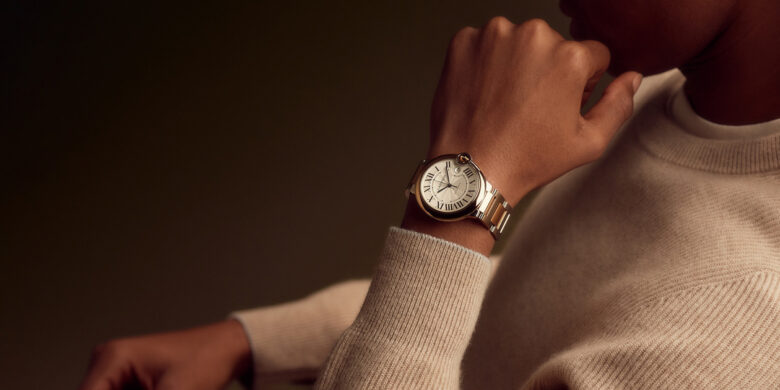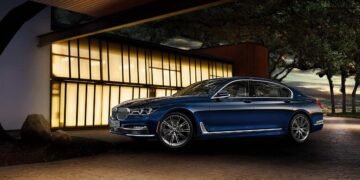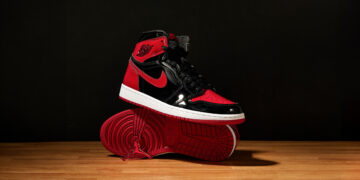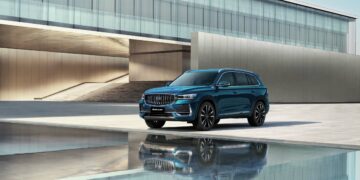Definition: the meaning of Millennials
Born in the 1980s or 1990s (precisely between the years 1981 and 1996 according to research firm Pew Research Center), Millennials, also known as Generation Y, are one of the most talked-about generations in current business literature. Millennials make up one of the largest and fastest-growing segments of the luxury consumer base today.
Beyond an age group, Millennials’ characteristics (see below) are what make this consumer segment such an important group for luxury brands.
The Millennial generation has grown up in the age of Internet and mobile technologies. Millennials are digitally fluent and have new expectations for what a luxury brand should deliver, especially in terms of omnichannel experience.
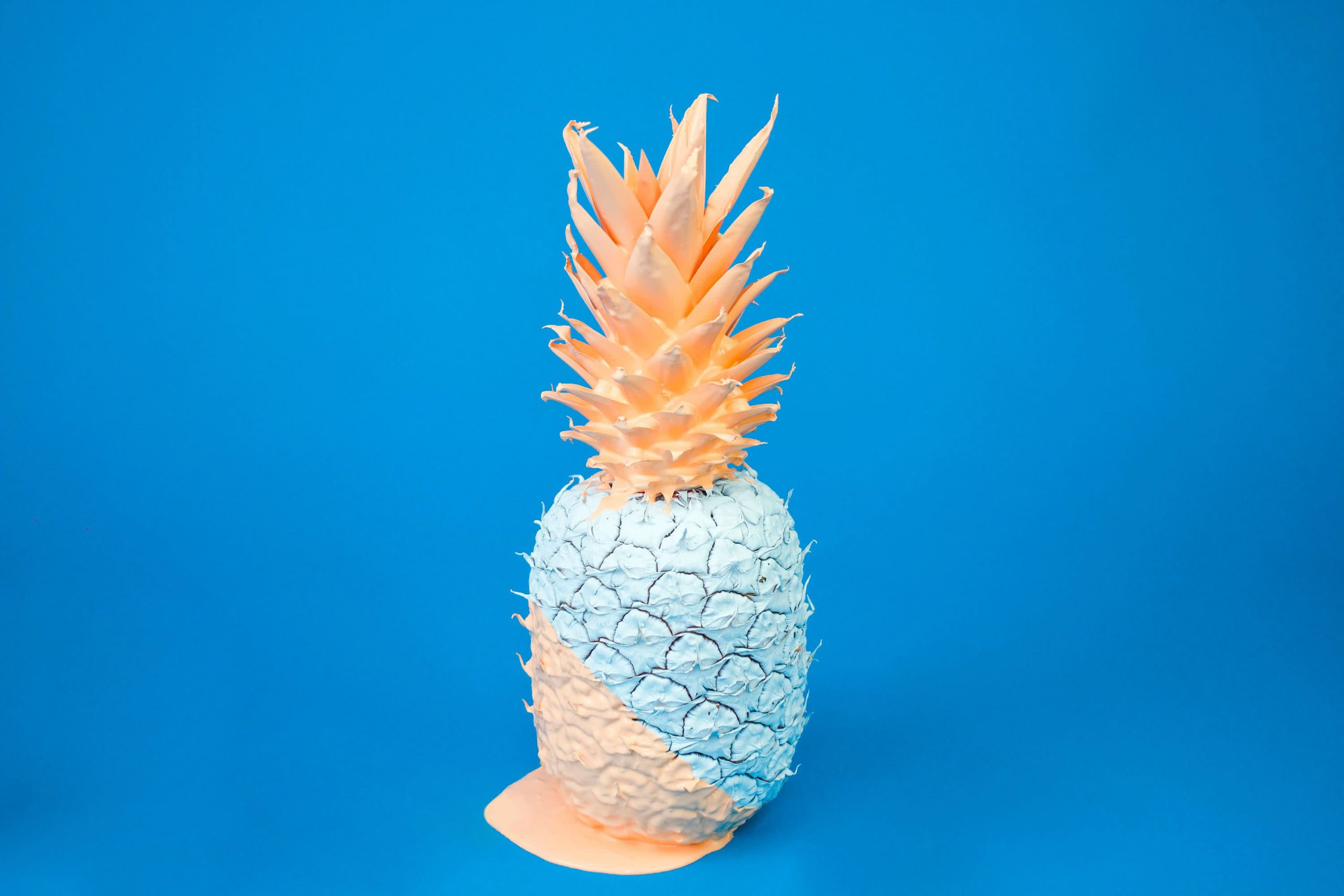
Millennials are fast becoming the most valuable luxury consumer segment. Together with the younger Generation Z consumers, Millennials are indeed making up more 40% of all luxury spending and generated 100% of the global luxury growth.
Why luxury brands are focusing on their Millennial consumers?
Luxury brands are very focused on their affluent Millennial consumers because of the long-term potential they represent. An industry once dominated by middle-aged high-net-worth shoppers is now seeing a new generation of young and affluent consumers: Millennials are the growth engine of the luxury industry and the new power purchasers.
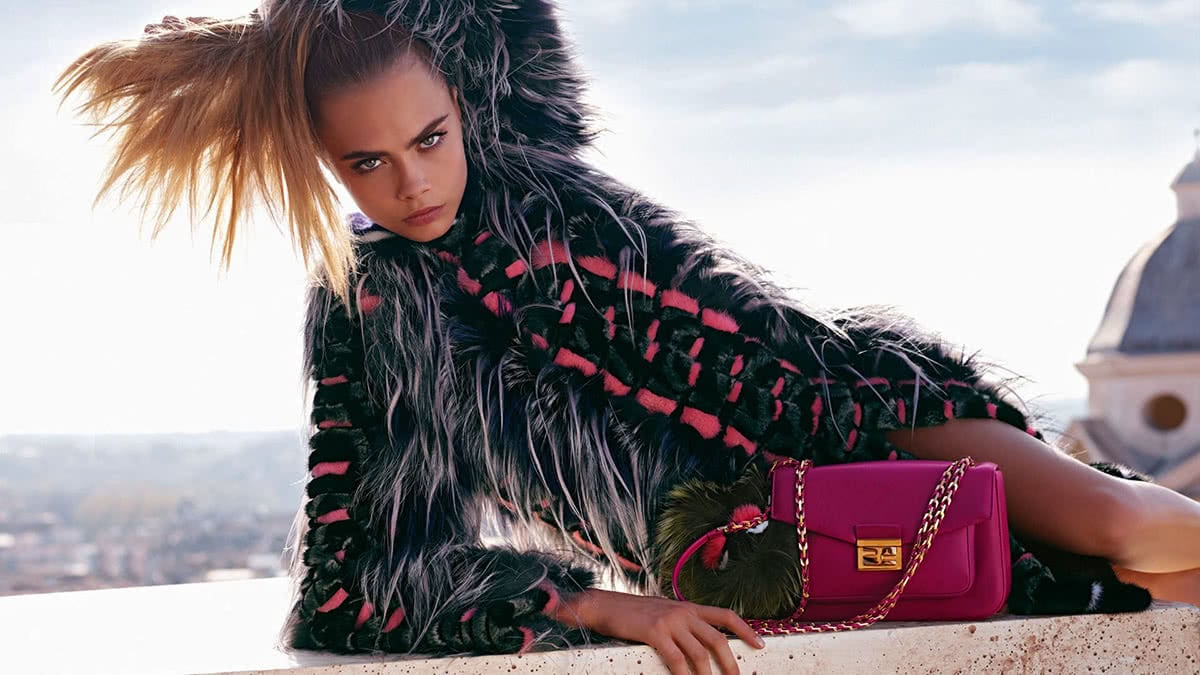
Bain & Company predicts that Millennials and Gen Z will account for nearly half of the total luxury goods sales by 2025, bringing the value of the global luxury industry to €290 billion ($356 billion).
The stakes are high for luxury brands which need to transform their traditional business model to accommodate the values and expectations of this younger affluent generation.
As Millennials enter their prime spending years, luxury brands need to understand how Millennials think and shop differently from the previous generations if they want to remain relevant.
Millennial-savvy and digitally-nimble brands are the ones that will win in the business of luxury.
What are Millennials looking for in luxury brands?
If Millennials are a very diverse generation, they do share some defining attributes. Luxury brands have to consider what drives this newer generation of affluent consumers. In an ever-changing digital era, Millennials are seeking to engage with high-end brands that align not only with their aesthetic preferences but also with their personal values.
There are four important Millennials characteristics that high-end brands need to cater for:
- Millennials seek self-expression
- Millennials value experience over ownership
- Millennials spend more on brands that are socially responsible and environmentally conscious
- Millennials are omnichannel shoppers
Millennials seek self-expression. Social media is their favourite mean to express themselves

Millennials value luxury brands that celebrate their passions and individuality in a way that can be visually shared on social media.
Millennials are curators and creators, appreciating personalisation and the ability to share their opinion. Millennials value self-expression and they have an unlimited amount of digital platforms to choose from to express themselves. From Instagram to YouTube, Facebook and Snapchat, Millennials share their thoughts, opinions, and experiences with ease.
Millennials value experiences over ownership

Exceptional quality is not enough to justify a premium luxury price for Millennials. High-end brands need to craft an immersive story and provide a unique experience around their products if they want to appeal to their Millennial consumers.
Millennials are said to prefer to spend their money on first-class, authentic experiences rather than material objects. Millennials want to be “living a brand”, both online and offline, instead of just owning a brand.
Experiential marketing is all about amplifying the essence of a luxury product with interactive and memorable experiences. The growth of certain luxury categories such as quality alcohol, fine-dining and bespoke travel signal that consumer values are transitioning from pure materialism towards ‘one-of-a-kind’ experiences, from extrinsic to intrinsic and from conspicuous to authentic, meaningful and personalised.
Millennials buy into socially responsible and environmentally conscious brands

Millennials are a sustainability-conscious generation; they deeply care about a brand’s ethical standards. Affluent Millennial consumers want their preferred luxury brands to be actively invested in the betterment of their quality of life, but also the world in general.
Millennials are willing to pay a premium for a product or service if it comes from a sustainable, environmentally responsible or conscious brand. Millennials value community, authenticity and transparency. They expect the brands that they buy into to be open and honest about their efforts, be transparent in their marketing, and actively talk about their sustainability impact.
This is the age of philanthropic luxury retail with an increasingly strong consumer demand for upscale brands to provide a positive contribution to their ecosystem.
Millennials are well connected and expect a seamless omnichannel experience
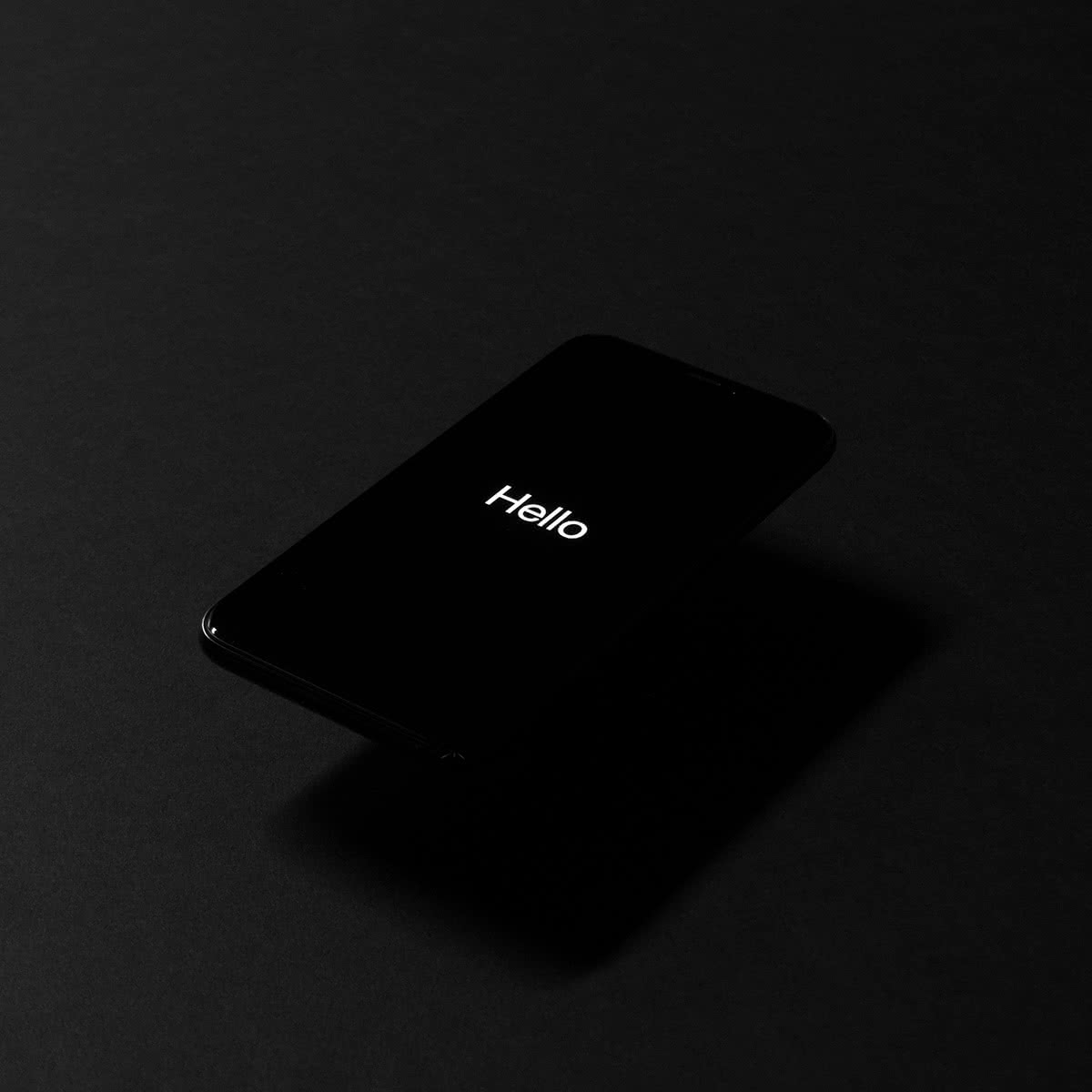
Millennials can be distinguished from the previous generations for their relationship to the Internet and how comfortable they are with digital technologies. The generation can be defined as having a digitally-infused lifestyle. The Millennial generation is the first to come of age with the Internet and mobile phones. According to Nielsen, technology is essentially baked into every Millennial’s DNA.
As Millennials hear messages from multiple channels simultaneously, they expect a consistent and integrated experience regardless of the touchpoints. They want to be able to switch from one device to another, from online to offline, seamlessly.
A cross-generational Millennial mindset
It’s important to note that Millennials are greatly influencing the consumer habits of other generations as well, particularly their elders. In that sense, “Millennial” is not just an age group, but rather “a state of mind that affects consumer behaviour across generations” as research firm Bain & Co. highlighted in its report The Millennial State of Mind.
Think With Google goes further by saying demographics are dead and we are now in the age of context and intent. The new challenge for luxury brands is thus to understand their consumers’ behaviours and the underlying motivations of their customers in order to deliver a relevant, seamless, and digitally-enabled experience that meets consumers’ needs in these intent-filled moments.
Referred to as “micro-moments” by Google, they usually revolve around four main categories of needs: “I want to know, go, buy or do.” Understanding consumer intent means brands can meet them in the moments that matter.
Our take on Millennials
More than a sought-after and lucrative market segment, an influential generation or a demographic cohort, Millennial is a modern mindset.
As Millennials’ purchasing power grows and thus their influence in the market, Millennials are redefining luxury (and all the other industries) for the modern age.
An anchor of the digital transformation. the Millennial generation loves to shape opinions and inform conversations, actively participates in brands’ stories, and expects brands to be connected 24/7. Millennials are the generation of social media. To authentically engage with Millennials, marketers need to communicate their stories and values through a completely digitally-integrated world.
By focusing more on selling an experience rather than a product, listening to what they’re asking for and offering relatable, authentic content, brands can empower Millennials to discover their products or services on their terms.

